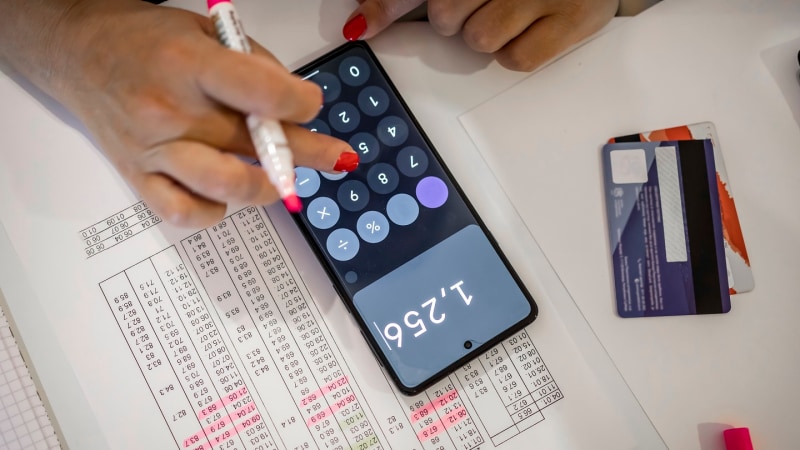Using credit cards for emergencies

Quick insights
- An emergency fund typically consists of 3 to 6 months’ worth of cash to cover living expenses when emergences happen.
- When you use a credit card to fund an emergency, you're essentially borrowing money that you'll have to pay back.
- Personal loans and charge cards can serve as alternatives to using a credit card for emergencies.
Many experts give the advice of keeping an emergency fund for the unexpected. What those experts usually mean is an emergency savings fund. However, maybe you don't want to tie up your cash that way.
Is using a credit card a safe alternative? In this article we’ll cover potential advantages and disadvantages of using your credit card as an emergency fund as well as emergency card alternatives.
What is an emergency fund?
An emergency fund typically consists of 3 to 6 months worth of cash to cover living expenses, but this is a broad term for different situations. Your fund doesn't have to follow that model. If you lose your job or have a medical emergency, the emergency savings fund is something you could tap into for financial assistance. For that reason, as well as some others that we'll cover next, building an emergency fund can be very important.
When is it OK to use credit cards for emergencies?
You can use your credit card to help pay for an emergency, but it may not be ideal to use it for all of your emergency costs. That's where your emergency savings fund comes in. Hopefully, you have enough to cover the bills. If you don't, your credit card's available credit can be used together with the money you already put aside for emergencies.
By the same token, using a credit card to fully replace an emergency savings fund might not be a very good idea. You could risk a commitment to high interest rates and wind up in debt.
Potential disadvantages of using your credit card as an emergency fund
- You could hurt your credit score: Depending on how much money you need and how high your credit limit is, you could damage your credit score by raising your credit utilization ratio, which measures your debt against the amount of credit available.
- It's money that needs to be repaid: When you use a credit card to fund an emergency, you're essentially borrowing money that you'll have to pay back. However, if you don't have a plan to pay the money back, you could end up paying high interest rates and may wind up in debt.
- Your emergency card could get canceled: Credit card issuers don't like to see cards sitting unused for extended periods of time. If you plan to designate a card as your emergency card but never use it, the card could get canceled or your credit limit could be lowered.
Potential advantages of using your credit card as an emergency fund
- You could earn rewards while you deal with the unexpected: On the one hand, you might have a large bill for an unfortunate emergency. A cash back credit card could give back a percentage and provide a little relief. On the other hand, you might need to pay for your day-to-day expenses with your credit card. In that case, those purchases might fall into your card's rewards categories.
- You won't be stuck in a true emergency: Using a credit card to help fund a true emergency means you'll be able to get the care and assistance you need when you need it. However, there are the alternatives below that could be helpful to consider.
What are the best credit cards for emergencies?
While there is no best card to use for an emergency, some cards to consider could include:
- Rewards cards: It could be helpful to consider cards that offer incentives. Depending on how much your situation costs or the types of purchases you have to make, you could earn perks or rewards.
Emergency credit card alternatives
Alternatives to using a credit card include:
- Personal loan: You'll have a fixed amount to pay each month.
- Charge card: A charge card is a type of credit card that doesn't charge interest, but must be paid in full each month. This could be ideal if your emergency costs aren't too high for your budget, and you'll be able to pay the charge card's balance by the end of the month.
In conclusion
Using credit cards for emergencies is not unheard of. In some cases, it may be helpful. Keep in mind that you'll need to pay off your credit card balance in full each month if you want to avoid incurring interest charges.



